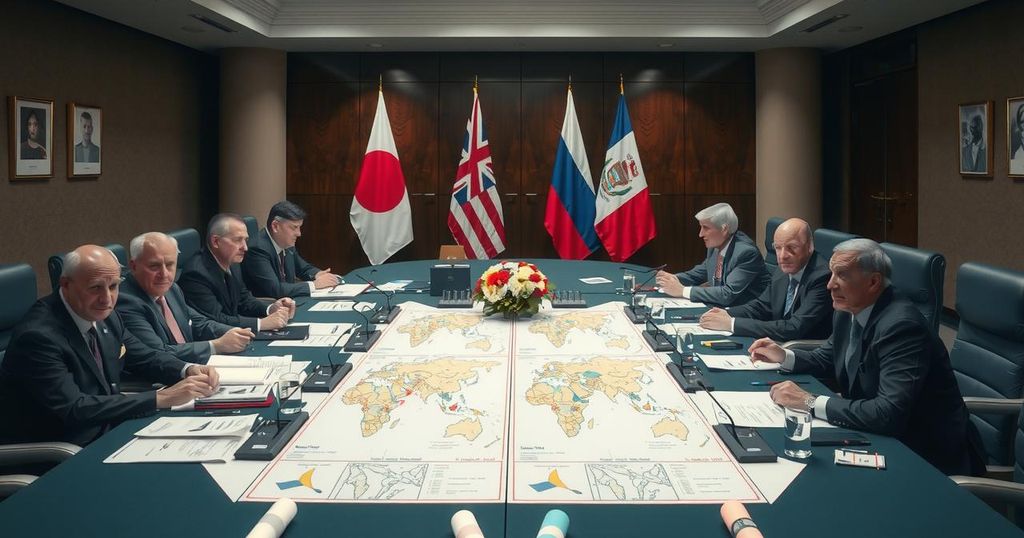U.S. Response to Controversy Over Spy Chief’s Comments on Bangladesh Minorities

The U.S. government responded to Tulsi Gabbard’s comments on minority persecution in Bangladesh, condemning violence against minorities while welcoming safety measures by the interim government. Gabbard’s remarks sparked criticism from Bangladesh, which called her statements misleading.
In response to the comments made by U.S. intelligence chief Tulsi Gabbard regarding minority persecution in Bangladesh, the White House has reiterated its condemnation of violence directed towards minority communities globally. They acknowledged the measures undertaken by the interim government of Bangladesh, led by Muhammad Yunus, aimed at ensuring safety for all citizens.
During a recent media briefing, State Department spokesperson Tammy Bruce emphasized that the United States denounces violence or intolerance against minorities anywhere. She remarked, “We condemn any instances of violence or intolerance directed towards members of minority communities in any country and have welcomed measures taken by Bangladesh’s interim government to ensure safety and security for all in Bangladesh. That’s what we’re watching. That’s what we expect. And, that will be what continues.”
Gabbard’s statements, made on an Indian television channel, suggested that the violence faced by minorities in Bangladesh was ingrained within the nation’s ideological framework, linked to a desire for Islamic governance. These comments provoked backlash from the Bangladeshi government, which described her remarks as “misleading and damaging” to the country’s international reputation.
The tension arising from Tulsi Gabbard’s comments highlights ongoing concerns regarding minority rights in Bangladesh. The United States has expressed its commitment to combating violence against minority communities and supports the interim government’s safety measures. The backlash from Bangladesh’s government illustrates the sensitive nature of such international discourse, emphasizing the need for diplomatic nuance.
Original Source: www.indiatoday.in






